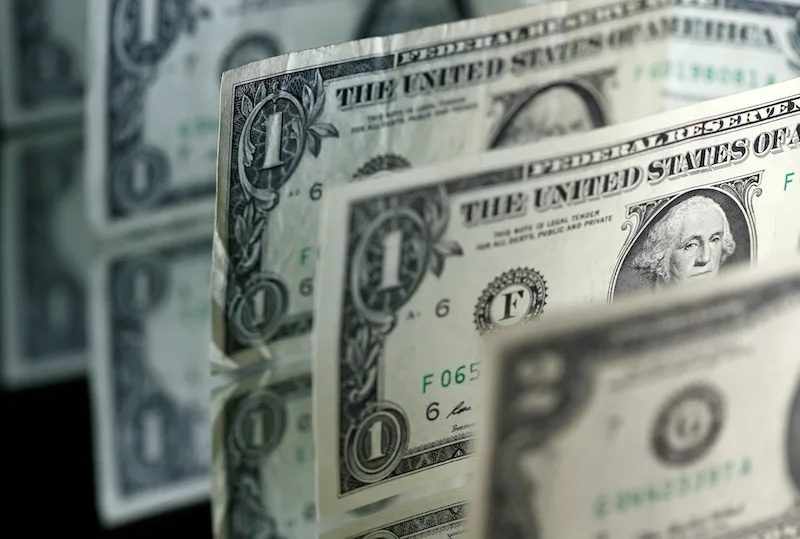End of easy money brings $410bn financial shock
- Date: 02-May-2022
- Source: Gulf Times
- Sector:Financial Markets
- Country:Middle East
End of easy money brings $410bn financial shock
Bloomberg New York/Hong Kong
The global shift away from easy money is poised to accelerate as a pandemic bond-buying blitz by central banks swings into reverse, threatening another shock to the world’s economies and financial markets.
Bloomberg Economics estimates that policy makers in the Group of Seven countries will shrink their balance sheets by about $410bn in the remainder of 2022. It’s a stark turnaround from last year, when they added $2.8tn — taking the total expansion to more than $8tn since Covid-19 arrived.
That wave of monetary support helped prop up economies and asset prices through a pandemic slump. Central banks are pulling it back — belatedly, in the view of some critics — as inflation soars to multi-decade highs. The dual impact of shrinking balance sheets and higher interest rates adds up to an unprecedented challenge for a global economy already hit by Russia’s invasion of Ukraine and China’s new Covid lockdowns.
Unlike previous tightening cycles when the US Federal Reserve was alone in shrinking its balance sheet, this time others are expected to do likewise.
‘Major shock’: Their new policy, known as quantitative tightening — the opposite of the quantitative easing that central banks turned to during the pandemic























